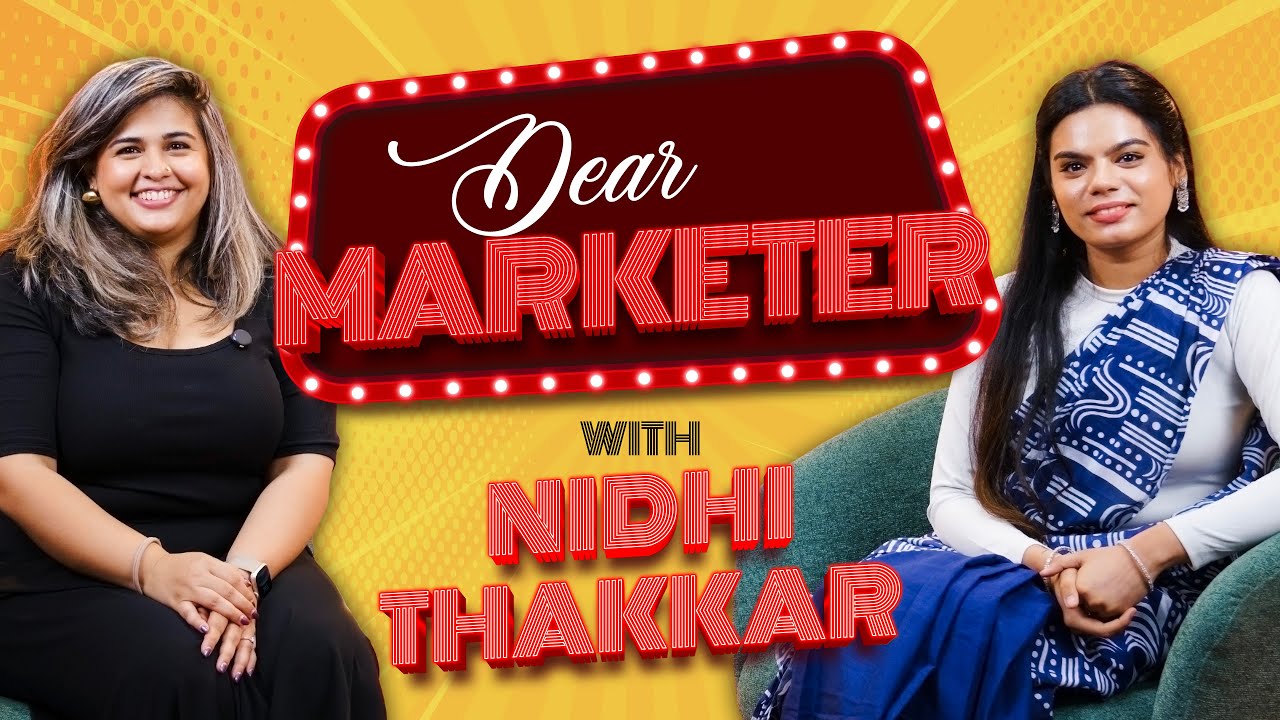Had another client today demanding I guarantee specific returns from their influencer campaign. This is getting ridiculous. How do you all deal with these unrealistic expectations? Starting to think some clients just don’t understand how marketing actually works.
Client kept pushing for guaranteed conversion numbers from influencer campaigns. Then we A/B tested their email sequences and found something interesting - subscribers from influencer links had 34% higher engagement rates than cold traffic. That one insight completely changed the conversation from demanding immediate ROI guarantees to focusing on building a quality email list for the long haul.
Had the exact same thing happen. Client wouldn’t stop asking for guaranteed conversions from micro-influencer campaigns. Game changer was showing them historical data right from the start - actual engagement ranges and conversion windows from previous collabs. Once they saw real numbers from similar campaigns, they stopped asking for guarantees and focused on realistic benchmarks instead. Nothing kills unrealistic expectations faster than hard data.
We A/B tested something cool on our last e-commerce campaign - sent influencer content snippets through automated emails instead of just posting on social. The email sequence with influencer testimonials got 3x higher CTR than our usual product announcements. That’s when it clicked - the real value wasn’t the social reach, it was taking that credibility and running it through our own channels where we could actually track attribution properly.
Had a SaaS client who wouldn’t stop asking about guaranteed influencer ROI. We flipped the conversation to focus on content asset value instead. Rather than promising specific returns, we showed them how influencer partnerships create evergreen top-of-funnel content they can use everywhere. One collaboration turned into a pillar page, three blog posts, and six months of social proof. After that, they stopped worrying about ROI guarantees.
Had a fintech client once who wanted guaranteed conversion rates from influencer partnerships. Turns out their real problem wasn’t tracking attribution - they just couldn’t create content fast enough. Our data showed prospects needed 7-9 touchpoints to convert, but their bottom-funnel content was way too slow. Influencer endorsements sped up that whole process by 40%, so we stopped talking conversion guarantees and focused on how we’d cut their sales cycle instead.
Same here - I’ve watched clients obsess over guaranteed metrics while completely missing how good influencer content boosts organic search. Had one audit where we tracked a 40% traffic jump back to influencer posts that picked up natural backlinks months down the road. Suddenly their branded searches were ranking way better. The real payoff wasn’t instant - it showed up in our logs as steady organic growth over time.
Once I started explaining this delayed SEO boost upfront, clients stopped demanding instant guarantees and focused on long-term search gains instead.
Had a SaaS client who wouldn’t stop asking for guaranteed lead counts from LinkedIn influencer partnerships. Game changer was switching up our reporting - we started tracking content velocity metrics next to conversion data. Their influencer content was speeding up deal cycles by 23%. Prospects who engaged with influencer posts ripped through our bottom-funnel content twice as fast. Once we showed them that influencer marketing was cutting their sales timeline instead of just driving awareness, the whole ROI discussion flipped.
Had a similar case where we tracked UTM parameters and organic search lift around influencer posts. Found that 40% of conversions came 2-3 weeks after the campaign through branded searches, not direct clicks. Standard tracking completely missed this delayed attribution, but it showed up clear as day in our SERP monitoring and organic traffic data. That delayed conversion info became our best weapon against clients demanding immediate ROI guarantees.
Same thing happened with a B2B client who demanded guaranteed CPA from influencer campaigns. I saved that relationship by pulling up our Google Ads data - showed them how even our top search campaigns fluctuated 20-30% month-to-month with identical targeting. Once they saw those swings in controlled PPC, they got realistic about influencer expectations real quick.
Had a retail client demand guaranteed ROAS from influencer campaigns. I showed them our Facebook Ads data - even with perfect pixel tracking and lookalike audiences, we’d see 25-40% performance swings every week from creative fatigue and audience saturation. Once they saw their most controlled channel couldn’t guarantee consistent returns, they got realistic about influencer marketing real quick.
Had a client like this - e-commerce company wanting guaranteed ROAS. I dug into our welcome series data and found something crazy: influencer subscribers had 47% higher LTV over six months than any other channel. They bought way more often and stuck around longer. Soon as I showed them these quality metrics instead of just immediate returns, they dropped the guarantee thing completely.
Had a fashion client who wouldn’t stop asking for guaranteed influencer ROI. We ran sentiment analysis on their campaign mentions and found something interesting - their influencer content was shifting brand perception 35% more than paid ads. Our social listening tools caught this months before we saw it in conversions. Once we showed them how positive sentiment was feeding their sales funnel, they dropped the instant guarantee demands and started putting money into long-term brand equity.
Had a similar case where we tracked UTM parameters across influencer posts. Found out which content actually drove conversions instead of just vanity engagement metrics. Showed the client our log analysis - their best influencer brought in 40% more qualified traffic than their #1 SERP ranking. That’s when they finally got why guarantees don’t work with attribution-heavy channels.
